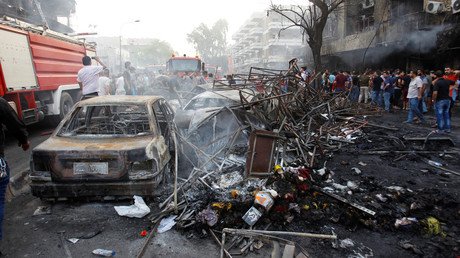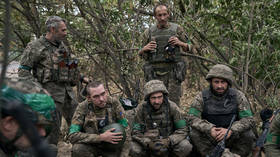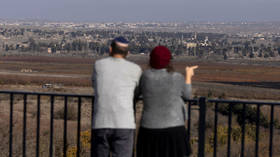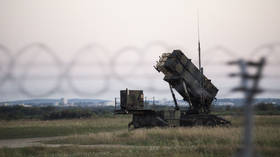‘US uses sectarian violence as weapon to unthread and destabilize Middle East’
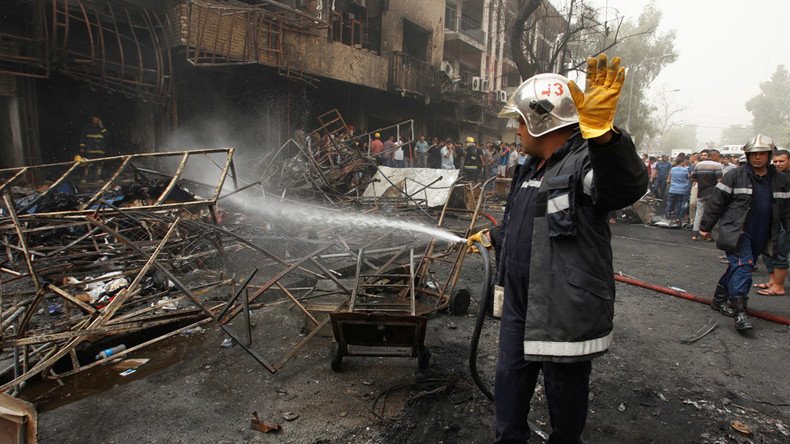
The most recent horrendous attacks on Ramadan crowds in Baghdad have their roots in US policy in the region and are part of the age old “divide and conquer” principle, says Sara Flounders from the anti-war International Action Center.
Two powerful explosions hit northern and central Baghdad late on Saturday night killing more than 90 people and leaving 170 injured, with Islamic State claiming responsibility. The attacks came two weeks after the Iraqi army liberated the city of Fallujah from Islamic State.
RT: What do you make of the timing of these bombings in Baghdad? Does it look like retaliation for Fallujah?
Sara Flounders: I think it is important to step back and say that all of these horrendous attacks and bombings are an outgrowth or a result of US war in Iraq and now in Syria. But the very conditions of the sectarian violence have been created on the outgrowth of the US occupation and war, and the effort to tear apart the entire region and to use sectarian violence as a weapon in that. And today, in each of these bombings, the exact reason, certainly, during the holy month of Ramadan, and as people have been fasting and just after the fall of Fallujah, maybe that is the most recent excuse and the most recent cause. But nevertheless, this is an everyday occurrence now in the region and that is something that never ever existed before the US war and occupation. So, we should connect those dots and say where does this force come from and how it is sustained.
RT: How would you assess the overall security environment in Iraq at the moment? Is the government able to regain control of the situation?
SF: I don’t think there is any security in Iraq and hasn’t been since the destruction of Iraq. No security or stability for the people there. That doesn’t mean that life [doesn’t] continue on some scale, and people cope as best they can, but there has been no security, no stability for the people of Iraq, and this is so true today in Syria also.
Michael Maloof, a former Pentagon official, told RT: “It is understandable that it is happening during Ramadan, because ISIS called for attacks especially during Ramadan. But what they are also demonstrating is an international outreach. When you are looking at what happened in Bangladesh, what happened in Turkey, they are not only sending political messages, they are also showing that they have a capability of striking almost everywhere.”
RT: This is the third mass killing in the past week after Istanbul and Bangladesh. These are in very different locations. But do they look connected to you?
SF: I think they are very much connected. They are very much connected in that using sectarian violence as a weapon in order to unthread and destabilize the region. That is what US policy wants. Now whether that means every single incident is directly planned, there is no way of knowing such a thing. But who lit the fuse, who produced forces in motion – that was US war and it was using the age old “divide and conquer” as a policy of conquest and that what the US did throughout the war, in every way. [Through] every ID card, subsidy of food – everything was decided on the religious basis.
The statements, views and opinions expressed in this column are solely those of the author and do not necessarily represent those of RT.
